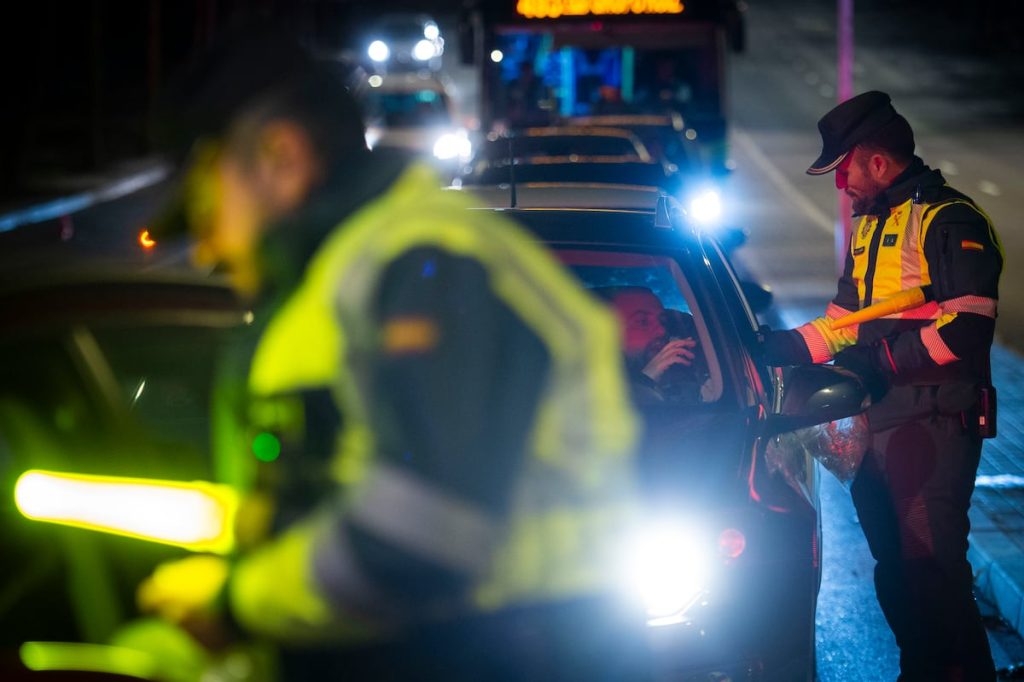The Civil Guard begins alcohol testing, stopping a van driver from a service company. His behavior and eyes raise suspicions. The driver is asked to park on the side of the road and is informed that he will be tested for drugs. After providing a saliva sample, it is confirmed that he is positive for tetrahydrocannabinol (THC) and cocaine. This incident is part of a larger operation during the Christmas holidays, where increased celebrations lead to heightened surveillance by law enforcement. The operation takes place on a cold night in Madrid at a checkpoint on the M-40 highway, with drivers passing by in various states of concern or humor.
One young employee driving a van admits to using drugs at a party two days prior. This admission results in a fine of €1,000 (€500 if paid voluntarily) and the loss of six points on his driving license. There is also concern about potential job loss from his company. Another driver, a regular marijuana user, admits to drug use after testing positive. The operation, led by Lieutenant David Rebate, sees an increase in drug-related offenses, especially among young people. Changes in recreational habits have influenced driving behavior, with drug-related offenses now more common than exceeding legal alcohol limits.
The drug tests identify drivers under the influence of substances like THC, methamphetamine, amphetamine, cocaine, and opioids. A second confirmatory test is sent to a laboratory for analysis when a driver tests positive initially. However, some drivers attempt to evade the checkpoint, resulting in chase attempts by law enforcement. Despite some escapes, those identified through their license plate receive fines later. The operation shifts locations to another highway, where early positives are followed by a lull as drivers find alternate routes to avoid detection.
Several drivers, including a young man with high alcohol levels from a night out, and a taxi driver positive for THC, are among those detained and fined. The lieutenant recalls experiences of drivers trying to bribe law enforcement officers, with offers ranging from money to tickets to sporting events. Despite such attempts, the law stands firm in penalizing offenders. The operation concludes with a total of 8 drug-related offenses and 11 cases of alcohol intoxication detected, highlighting the dangers of impaired driving.
Lieutenant David Rebate dispels the myth that sleeping can sober up intoxicated individuals, emphasizing that the body needs time to metabolize alcohol. He recounts a case where a man drank excessively at a party, then slept for several hours before driving to work, only to be stopped and fined for high blood alcohol levels. The rate of alcohol metabolism varies among individuals, influenced by factors such as age, gender, and food intake. This information is important in curbing drunk driving incidents and promoting road safety awareness.


